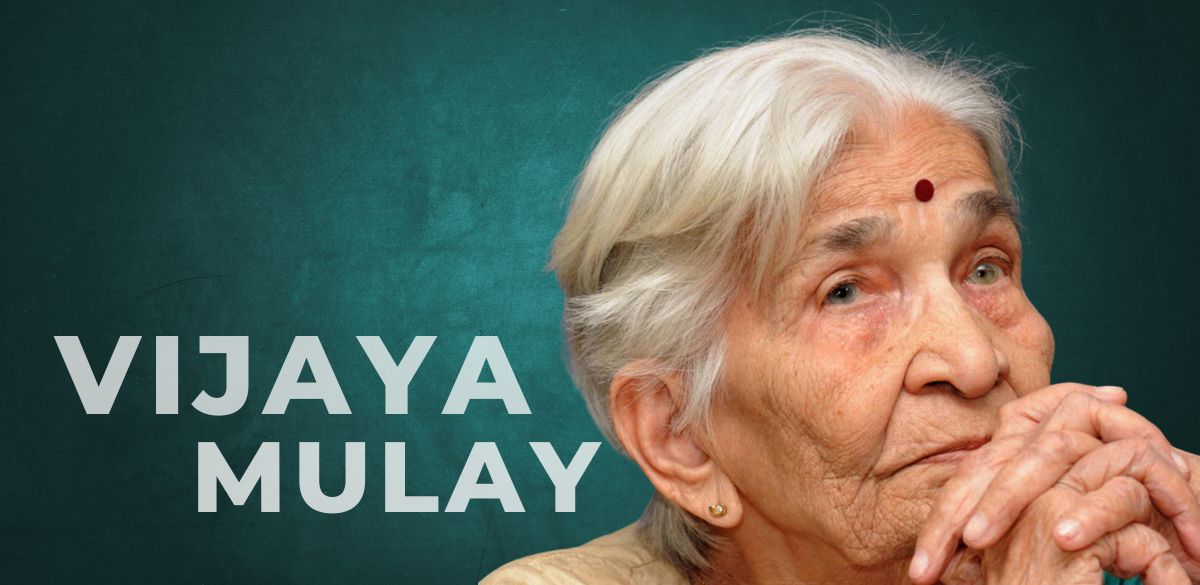For those who grew up in the 1970s and 80s, the song “Ek Chidiya Anek Chidiya” holds a cherished place in the hearts of many. It was more than just a catchy tune; it was a reminder of unity in diversity, beautifully portrayed in the short animated film “Ek, Anek aur Ekta.” directed by the late Vijaya Mulay.
Vijaya Mulay was a renowned filmmaker, film historian, researcher and educationalist born in Mumbai. Mulay’s journey with cinema began in Patna in 1940, where she used to frequent city theatres to watch English films. This passion for cinema led her to pursue a master’s in education in the UK, after which she returned to India and became actively involved in film societies, notably founding the Delhi Film Society in 1959.
Throughout her career, Vijaya Mulay made significant contributions to Indian cinema and education. She served as the joint secretary of the Federation of Film Societies alongside film critic Chidananda Dasgupta, with Satyajit Ray as its founding President. Her work at the Central Board of Film Certification in the early 1960s shaped the Indian film industry. She also played a vital role in producing several educational films widely used in schools across the country, promoting a progressive and inclusive approach to education.
In 1967, Vijaya Mulay fostered a lifelong friendship with celebrated French filmmaker Louis Malle, who assisted her in making her debut film “The Tidal Bore.” This film, depicting a natural phenomenon along the Hooghly River, garnered international acclaim and was India’s official entry at the Mannheim Film Festival. Its success not only marked a significant milestone in Mulay’s career but also showcased the potential of Indian cinema on the global stage.
Mulays’s accolades include the V Shantaram Award for Lifetime Achievement for documentaries and the Vikram Sarabhai Lifetime Achievement Award for educational communication. She was also awarded the national award for best writing in cinema.
In 1975, Mulay led the Centre for Educational Technology (CET), where she produced educational films broadcast across thousands of villages. One of the most notable films from CET’s animation studious was “Ek, Anek aur Ekta”. This film, a heartwarming tale of unity in diversity, won the National Film Award for Best Educational Film. Its success reflected Vijaya Mulay’s commitment to progressive education and inclusive ideals and demonstrated the power of film as a tool for social change.
Vijaya Mulay’s vision of a diverse yet united India is evident in “Ek, Anek aur Ekta,” a film that resonates even today amidst political turmoil. At a time when diverse rhetoric dominates, Mulay’s work reminds us of the importance of unity and inclusivity.
As we remember Vijaya Mulay’s legacy, we honour her contributions to Indian Cinema and education. May her films inspire generations, fostering a spirit of harmony and understanding in our society.
